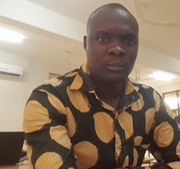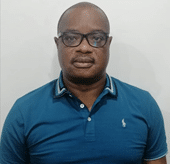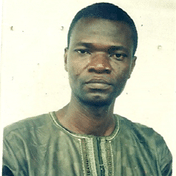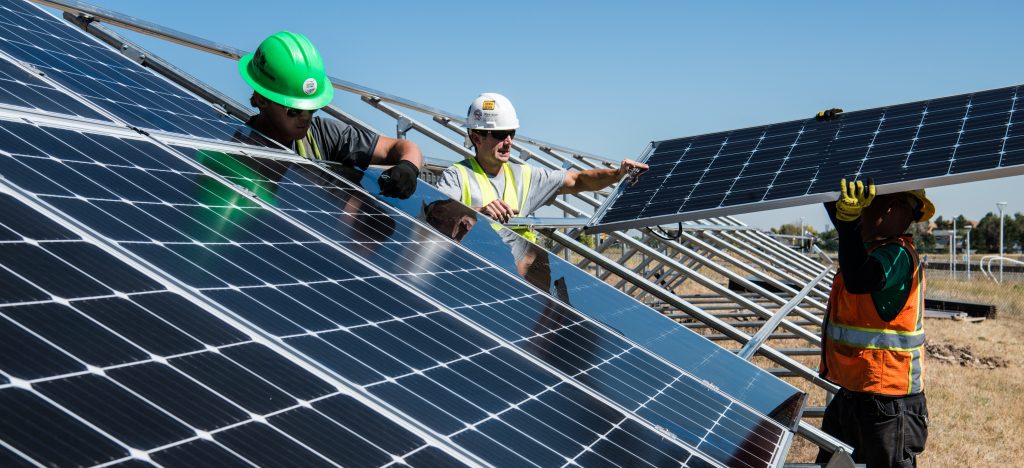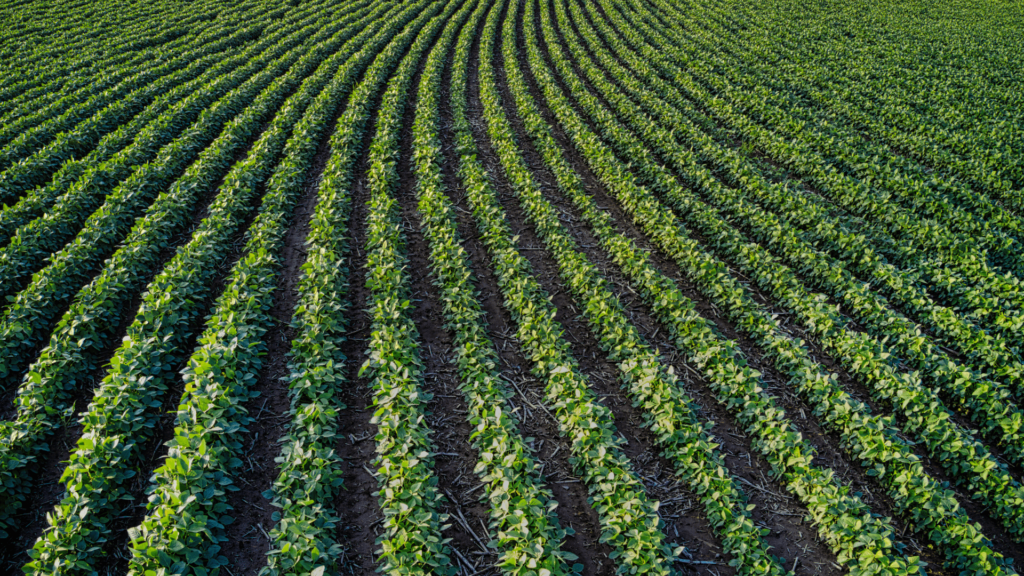Sustainability of Renewable Energy Electrification Projects in Cameroon: Technical, Institutional and Policy Perspective
The paper “Sustainability of Renewable Energy Electrification Projects in Cameroon: Technical, Institutional and Policy Perspective” will be presented at the FSR Sustainability Conference on “Greening Infrastructures” (22 June 2022).
Abstract
Renewable energy projects in Cameroon have suffered sustainability issues and it is essential to explore the conditions under which these projects can be sustainable. The country has the third largest hydroelectric potentials (about 23 GW) in Africa and an average solar irradiance of about 5.8 kWh/day/m² in the northern part of the country and 4 kWh/day/m² in the rest of the country. Despite this huge potential, there is only about 5% of Cameroon’s hydro potentials have been exploited and she has an installed solar PV capacity of about 25 MW. In the face of the low adoption level, there has been increase failure rate in some of the installed systems in the country. The failure rate of the few installed renewable energy installations is increasingly acting as a barrier to the adoption of these technologies in Cameroon. The study considered case studies of some installed renewable systems in Cameroon, assessing the sustainability of these systems from technical, economic, policy and institutional standpoints. The study aims a highlighting the major barriers to sustainable electrification projects through subjecting a number of installed electricity projects to sustainability indicators and evaluating their impact on the projects.
In this study, the installed renewable systems (solar photovoltaic (PV) and micro-hydropower plants) in Cameroon will be analysed using social, technical, economic, institutional and policy indicators. These sustainability indicators will be used to evaluate the projects and the most critical factors that cause high failure of these systems due to multidimensional factors intrinsic to the pre-implementation, implementation and post-implementation phases of the project will be ranked. The projects selected will be off grid systems installed in rural communities without electricity. With limited number of installed systems, the projects will be selected based on availability of data and ease of access to the site. Literature on major issues that threatened sustainability of renewable energy projects are usually lack of information, skills, and flawed custom formalities. Summarily, these issues stems from the over centralized institutional framework in charge of energy matters of most countries in sub-Sahara Africa. Hence, urgent reforms are needed in aspects of decentralization of the electricity regulator by delegation of decision making authority to municipal levels, inter-ministerial collaboration on energy matters, financial commitment to renewable energy skill development in the country, standardization of renewable energy products and setting annual renewable targets for every region to improve progress accountability and enhance the deployment of renewable installations in Cameroon. This is research contributes to the scare information available on rural electrification in Cameroon and highlights key areas that policy makers in the country needs to consider.

